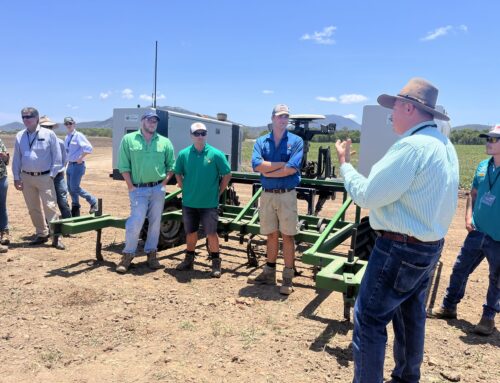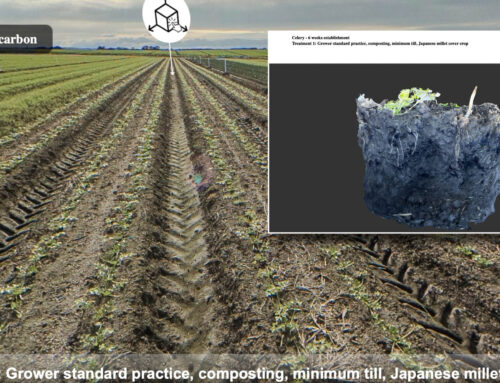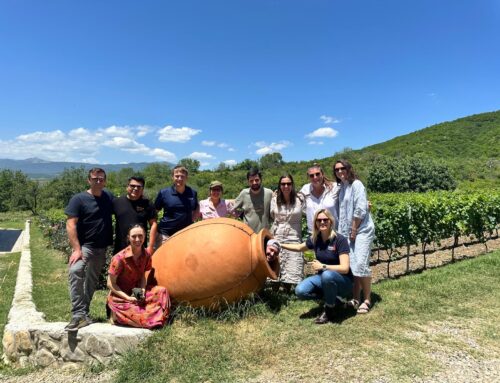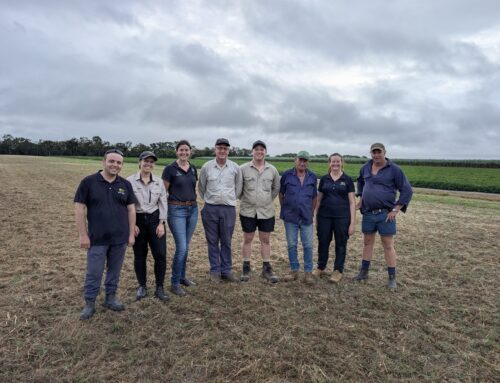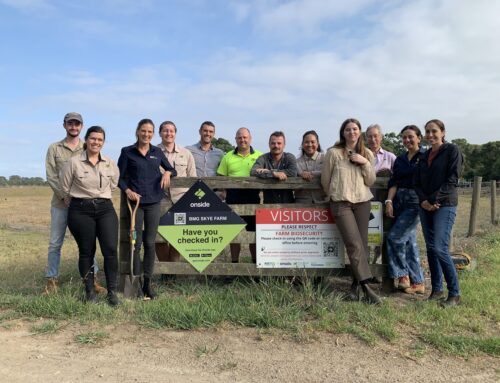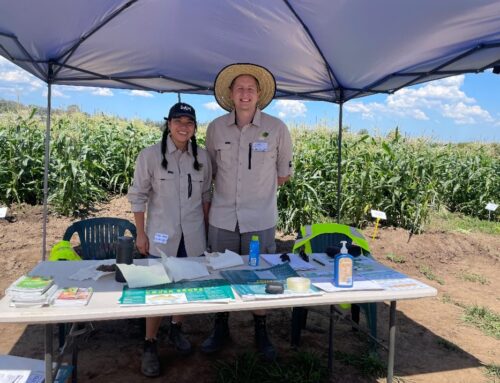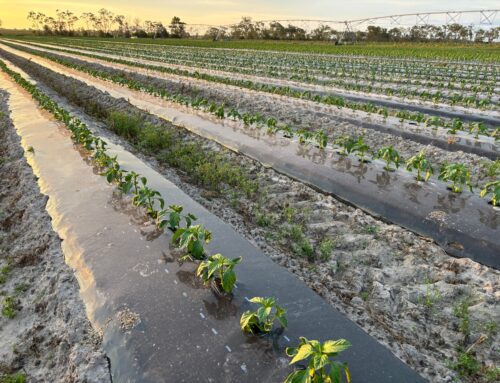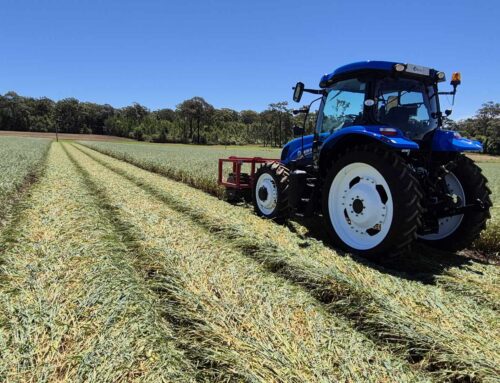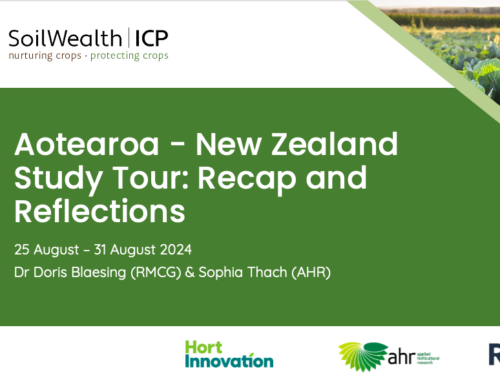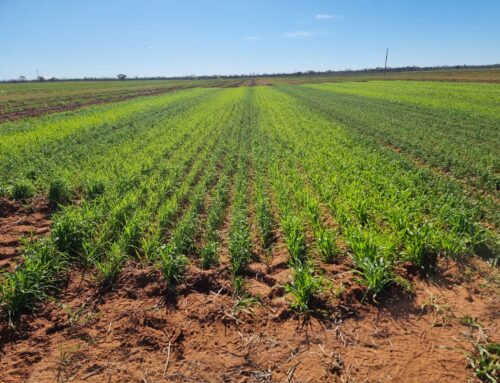Vegetable and potato growers across Australia will be familiar with the name E.E. Muir & Sons, a national distributor of agricultural products for crop protection and nutrition with a strong focus on horticulture and irrigated cropping sectors.
What they may not be familiar with are the discussions and collaboration that happen behind the scenes to provide the best information on agronomy, trials and product development to growers.
E.E. Muir & Sons is one of three founding members of AgLink Australia, alongside Serve-Ag and IK Caldwell. AgLink Australia is now owned and supported by 13 independent Australian retail businesses which aim to help farmers grow high quality, sustainable food and fibre.
As E.E. Muir & Sons Business Development Lead Will Gordon explains, this structure provides AgLink Australia’s members with an opportunity for strength in collaboration, shared learning and understanding, which ultimately benefits growers on the ground.
“We pride ourselves on being a highly skilled advisor on agronomy for growers, and AgLink is a big part of that. They support agronomy teams by coordinating training courses and making sure members are skilled up in different areas of agronomy or business management activities,” he said.
“While there is friendly competition between member companies, equally there is a comradery as we’ve learnt from each other over the years. It helps us as an independent, family-owned business to grow our networks and learn from other businesses.”
AgLink Australia has a strong focus on research and development (R&D) and innovation, facilitating trials of new chemicals, fertilisers and seed technology on behalf of its partner suppliers.
“We work with the main input suppliers to coordinate R&D and product development activities across our members to assist them in the field. It results in a quicker and more effective and efficient introduction of products to the market, where both growers and suppliers benefit,” AgLink Australia Commercial Manager – Agronomy, RD&E, Technology and Seed John Evans said.
“This results in broader awareness and more value in RD&E investments in the field, and findings are communicated across all of our members where relevant. It also allows buying at a greater scale which is a strength and benefit that can flow on to growers as well.”
A focus on sustainability
E.E. Muir & Sons is involved in a range of trials and research updates for the vegetable and potato industries, working with the Soil Wealth and Integrated Crop Protection project on soilborne disease management, nutrition and salinity over the years. For example, in 2020 the project team and agronomists hosted a series of webinars focusing on managing salinity and potato production in South Australia.
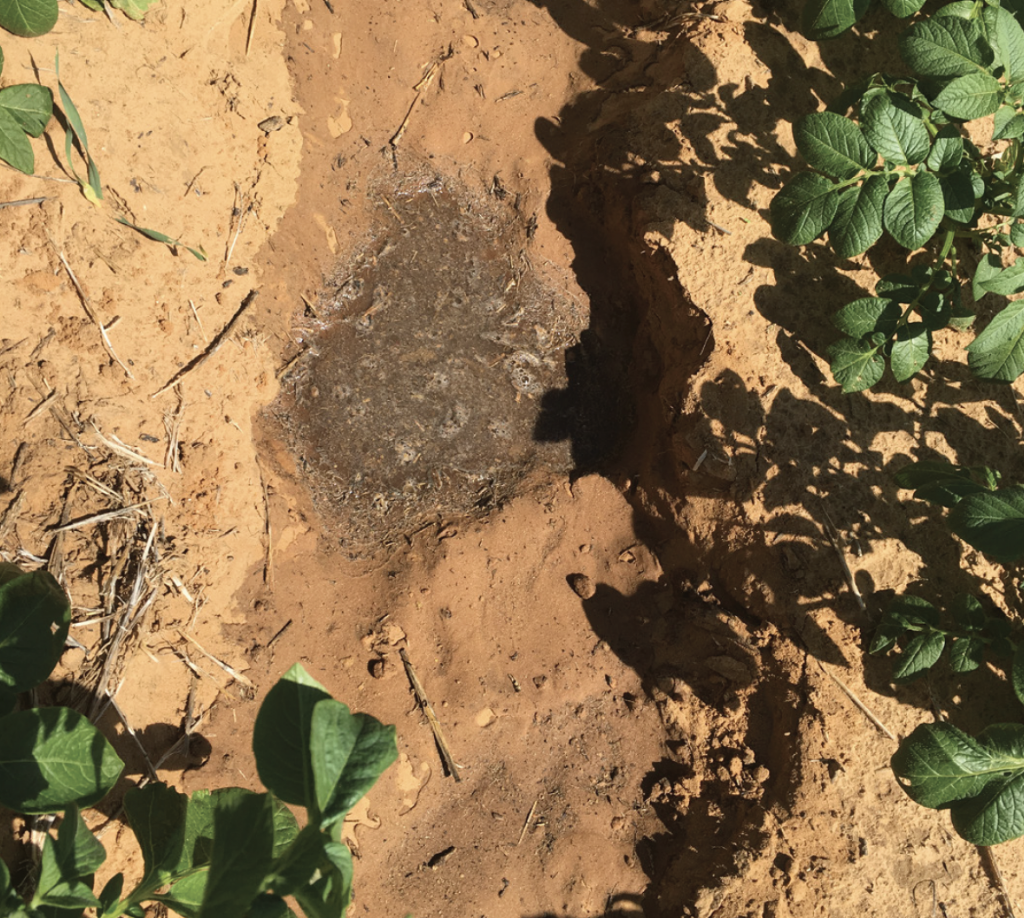
Figure 1: The potato salinity series of webinars discussed the impact of hydrophobic soils, which repel water and can often lead to run-off from the potato mounds.
“We’re also working on a trial at the Soil Wealth and Integrated Crop Protection demonstration site at Werribee South in Victoria, which focuses on managing salinity and sodicity issues. Our trial of Thiocal has shown to be useful in managing salt issues in that particular area,” Will said.
In addition to soil health, both Will and John believe a greater focus on sustainability will be key to the viability of the vegetable and potato industries in the future.
“This includes improving the resilience of plants and production systems in the face of climate variability and extreme climate conditions, and there is a strong consumer demand and growing adoption of environmental sustainability across the country,” Will said.
There is also a shift away from traditional crop protection products with harsher synthetic chemistry to softer, more sustainable products, including biological products and biostimulants. This is being driven by regulatory pressures, particularly from the European Union.
“Growers are recognising this shift and many are positioning themselves to market their business on good environmental practices. They’re looking for more sustainable and efficient products that allow them to produce more for less,” Will said.
“This also requires a good level of technical knowledge and support, and we can offer growers the support they need to make these products work, and the knowledge and monitoring to make them work effectively.”
Find out more about the salinity and potato production webinar series and Werribee South trial site and recent virtual farm walk.
You can also access the following fact sheets on salinity and potato production:
- Monitoring for improved management
- Know your salts to better manage potato nutrition
- Managing hydrophobic soils in potato production
- Organic soil amendments, biologicals and biostimulants.
Interested in joining the Soil Wealth ICP Partnership Network? Click here.

